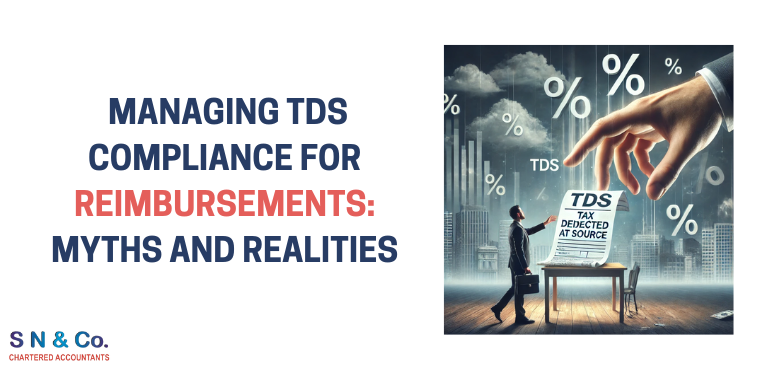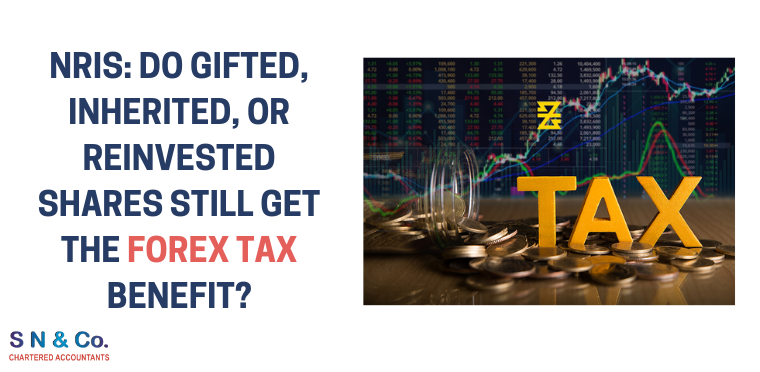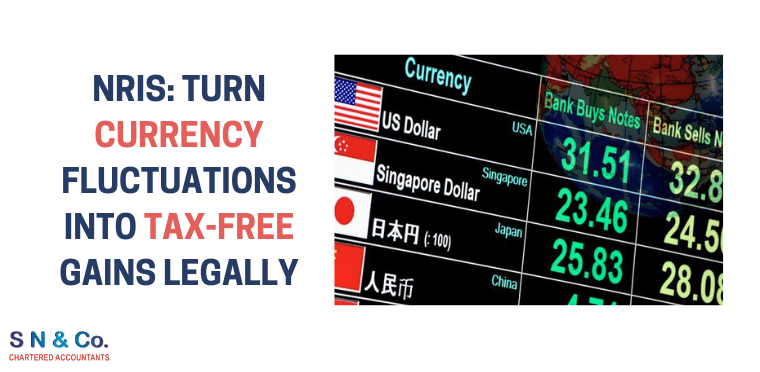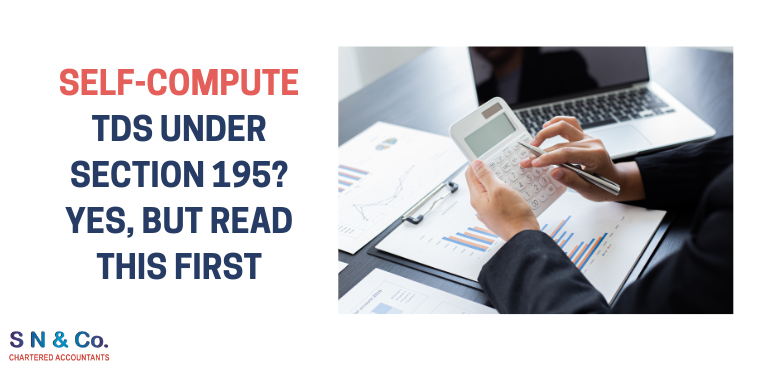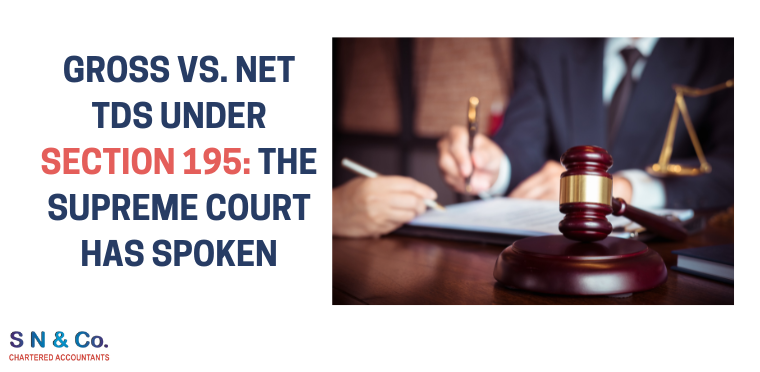Introduction
Reimbursements are a routine part of business transactions, but their taxability often causes confusion. Are all reimbursements non-taxable? When does TDS apply to reimbursements? This blog tackles these myths and provides clear guidelines using case laws, scenarios with figures, and practical compliance strategies.
Understanding Reimbursements and Taxability
When Are Reimbursements Taxable?
Reimbursements are taxable if:
- Income Element Exists:
- The payment includes a profit mark-up.
- It is not purely a cost-to-cost payment.
- No Documentary Evidence:
- Lack of agreements or invoices to substantiate the nature of reimbursement.
When Are Reimbursements Non-Taxable?
Reimbursements are not taxable if:
- Payments are purely cost-to-cost without any income element.
- They are supported by proper documentation, including invoices and agreements.
- They relate to third-party expenses incurred on behalf of the payer.
Key Judgments and Insights
Case 1: Braitrim UK Ltd. [TS-502-ITAT-2019 (Mum)]
Facts:
- Braitrim UK Ltd., a UK-based company, received payments from an Indian entity.
- AO treated these payments as royalty, making them taxable in India.
- The assessee argued that the payments were pure reimbursements of actual expenses, with no markup.
- Sufficient evidence was provided to prove the expenses were incurred.
Issues:
- Whether the payments should be classified as royalty?
- Whether reimbursement of actual expenses (without mark-up) is taxable in India?
Judgment:
- Mumbai ITAT rejected AO’s view, holding that pure reimbursements are not taxable.
- Since the expenses were specific, actual, and without mark-up, the receipts did not qualify as income.
Case 2: Flipkart Internet 139 taxmann.com 595 (Karnataka)
Facts:
- Flipkart Internet Pvt. Ltd. (assessee) entered into an inter-company master services agreement with a U.S.-based company, Walmart Inc., for the secondment of employees.
- The agreement involved seconding four employees to Flipkart, with Walmart Inc. paying their salaries and Flipkart reimbursing Walmart Inc. for these payments.
- Flipkart applied for a Nil Tax Deduction at Source (TDS) Certificate under Section 195(2) of the Income Tax Act, 1961, claiming that these payments were pure reimbursements and not taxable in India.
- The Assessing Officer (AO) rejected the request, holding that:
- The seconded employees were providing technical services, making the payments taxable as Fees for Technical Services (FTS) under Section 9 of the Income Tax Act and Article 12 of the India-USA DTAA.
- Since Flipkart believed the payments were not taxable, it did not need a Nil TDS Certificate.
Issues:
- Applicability of Section 195(2):
- Whether Flipkart could apply for a Nil TDS Certificate under Section 195(2) when it believed the payments were non-taxable.
- Nature of the Payments:
- Whether the payments made to Walmart Inc. were pure reimbursements or fees for technical services (FTS) under Section 9 of the Income Tax Act and Article 12 of the DTAA.
- Whether the seconded employees’ services “made available” technical knowledge under Article 12(4)(b) of the DTAA, which is required for classification as FTS.
- Employer-Employee Relationship:
- Whether the seconded employees were under the employment of Flipkart or remained employees of Walmart Inc.
- If Flipkart was the economic employer, could the payments be considered salary payments instead of FTS?
- Application of DTAA & Make Available Clause:
- Whether the seconded employees’ services satisfied the “make available” test under Article 12(4)(b) of the India-USA DTAA, which would determine taxability.
Judgment:
- Section 195(2) Application is Valid:
- The High Court held that Section 195(2) and Section 197 serve as safeguards for the assessee to avoid potential tax default consequences.
- Flipkart was not barred from invoking Section 195(2) even if it believed the payments were non-taxable.
- Payments Are Not FTS Under DTAA:
- The Court found that the secondment agreement did not meet the “make available” test under Article 12(4)(b) of the DTAA.
- Since the seconded employees did not transfer technical knowledge that Flipkart could independently use in the future, the payments could not be classified as FTS.
- Employer-Employee Relationship Exists:
- Flipkart issued appointment letters, made PF contributions, and had the authority to terminate employment, proving that it was the real employer during the secondment period.
- Since salaries paid to employees are not classified as FTS under Article 16 of the DTAA, the payments were not taxable in India.
- Nil TDS Certificate Granted:
- The Court set aside the Assessing Officer’s order and directed that a Nil TDS Certificate be issued under Section 195(2).
- It rejected the tax department’s argument that Flipkart needed to deduct tax at source on these payments.
Final Verdict: In Favour of Assessee (Flipkart)
- Flipkart was not required to deduct TDS on reimbursements made to Walmart Inc.
- Payments were not FTS under the DTAA as they did not “make available” technical knowledge.
- Employer-employee relationship existed, making the payments non-taxable in India under Article 16 of the DTAA.
Case Scenarios with Figures
Scenario 1: Pure Reimbursement of Travel Expenses
- Facts:
ABC Ltd. reimburses ₹5,00,000 to its Singapore parent company for employee airfare and hotel bills. - Analysis:
- Since the payment is cost-to-cost with no profit mark-up, it is non-taxable.
- Proper documentation (invoices and agreements) is critical.
- Outcome:
- No TDS under Section 195.
Conclusion
TDS compliance on reimbursements requires careful documentation, proper payment classification, and adherence to DTAA provisions. Misclassification can lead to disputes and penalties. Ensure accurate compliance by identifying taxable components and leveraging available benefits.
Need expert guidance?
Contact us for tailored advice and seamless TDS compliance solutions for reimbursements!


